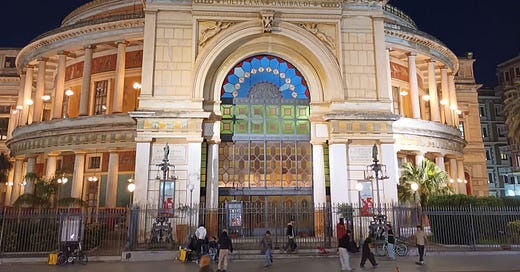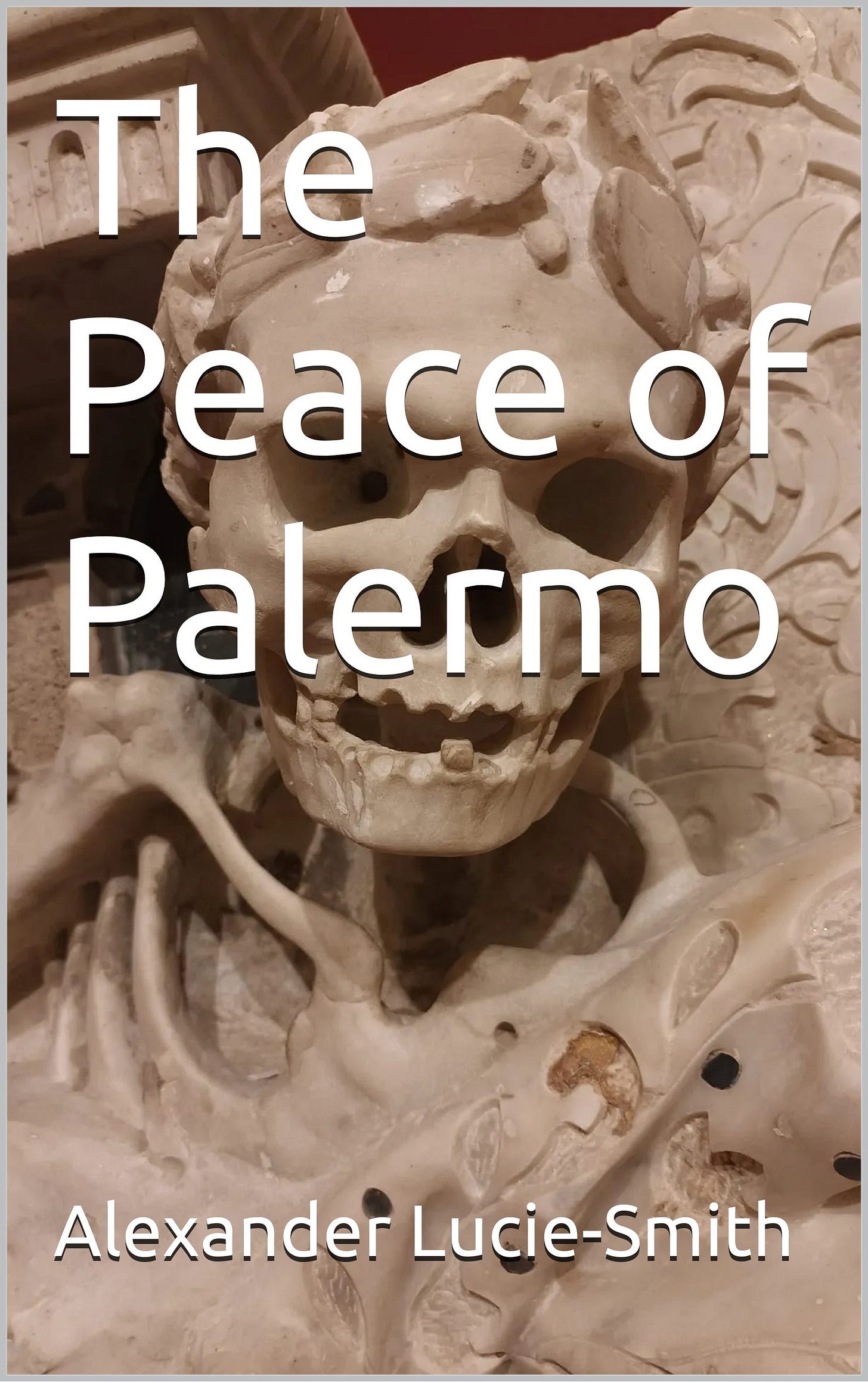The DIA, that is the Direzione Investigativa Antimafia, has published its annual report on the Mafia and what the Italian state is doing to clamp down on organised crime. It is a book that runs to over four hundred pages, and can be accessed online here. Like a lot of Italian official documents, it is pretty unreadable, but luckily the newspapers have given us the highlights.
The first thing to note is rather surprising. The Mafia is no longer an organisation that rules through fear and terror, but rather exercises a more gentle influence on economic life. The ‘new’ Cosa Nostra, as the Report calls it, is a complex web of relationships, without a single leader. So there is no longer a boss of bosses, but a more diffuse organisation dominating business life, with its tentacles also present in politics and, no surprises here, the prisons, which are, as everyone admits, under Mafia control. Palermo is divided up into a patchwork of mandamenti (franchises) which co-operate between each other. The Porta Nuova, Pagliarelli, Tommaso Natale, Resuttana, Noce and Brancaccio mandamenti are all active but they keep a low profile. (Most of these place names have been mentioned by me before now.) Recently the Porta dei Greci 2 operation dismantled a network in Vucciria, Palermo’s famous market district: ten arrests for drug trafficking were made, minor players believed to be close to the Porta Nuova mandamento, but none were charged with Mafia membership, which goes to show the success of Cosa Nostra: it is anonymous to the point of invisibility. How do you fight an unseen enemy like that? When there is no boss of bosses, who do you arrest, who do you spy on? Defensive Italians always like to say the Mafia does not exist - in a sense they are right. It’s not so much an organisation that can be shut down, but a way of life. This transformation marks an important Mafia success.
So how are they making their money? The major source of income remains drug trafficking. According to the report, the Sicilian Mafia has “established relationships and forms of cooperation with the 'Ndrangheta, the Camorra and foreign entities” to ensure the flow of cocaine and hashish. The routes involve Spain, Belgium, Germany and South America. And in Palermo, the neighbourhoods of Brancaccio, Ciaculli, Corso dei Mille, Porta Nuova and Vucciria remain the chief places for dealing and sorting of drugs. Well, we knew all this; the Report is just summarising what is common knowledge.
Alongside drug trafficking, the second source of income for Cosa Nostra come from control of the legal economy. “The methods of persuasion avoid violence,” explains the DIA, “limiting themselves to the imposition of goods, services and labour at increased prices.” Business people go along with this. In other words, the Mafia makes money by imposing added expenses on commercial enterprises, which must mean, for example, that they control the supply of materials to the building trade, among other things. Everything in Sicily therefore carries with it an invisible Mafia tax.
Finally, the report gives an indication of their success in combatting organised crime. The facts and figures sound impressive. Millions of illicit cash has been confiscated, and millions’ worth of illicit goods and properties have been sequestrated. It is reported:
“Property worth 56.7 euros million seized from the Camorra, 15.9 million from the 'Ndrangheta, 13 million from the Foggia Mafia and 5.9 million from Cosa Nostra; money worth 104 million seized from Cosa Nostra, 30.9 million from the Camorra, 8.1 million from the 'Ndrangheta and 2.2 million from the Foggia Mafia.”
However, while this might sound impressive, the losses from the Mafia point of view are surely tiny compared to the huge income stream from drugs and other activities. Cosa Nostra can put up with a loss of 110 million euros, though they may well wonder why the infinitely more successful Calabrians have only suffered losses of a paltry 23 million, which for the world’s most successful drugs outfit, is tiny. None of them pay tax, and therefore can tolerate losing two or three per cent at the very most of their wealth a year to the forces of law and order.
And what are the forces of law and order to do, confronted with this invisible and almost ethereal illegality? Because the Mafia avoid headline crimes, leaving those to Sicily’s gun-toting kids, they are free to make money, and will continue doing so, thanks to the never-ending greed for drugs. The only way to stop them is to legalise, regulate and tax drugs, but I cannot see that happening any time soon.






I read your posts with interest… seeing through the report’s details - we stayed at a winery that was confiscated but returned years later - do innocent bystanders get identified and drawn into legal difficulties that take years upon years to resolve?